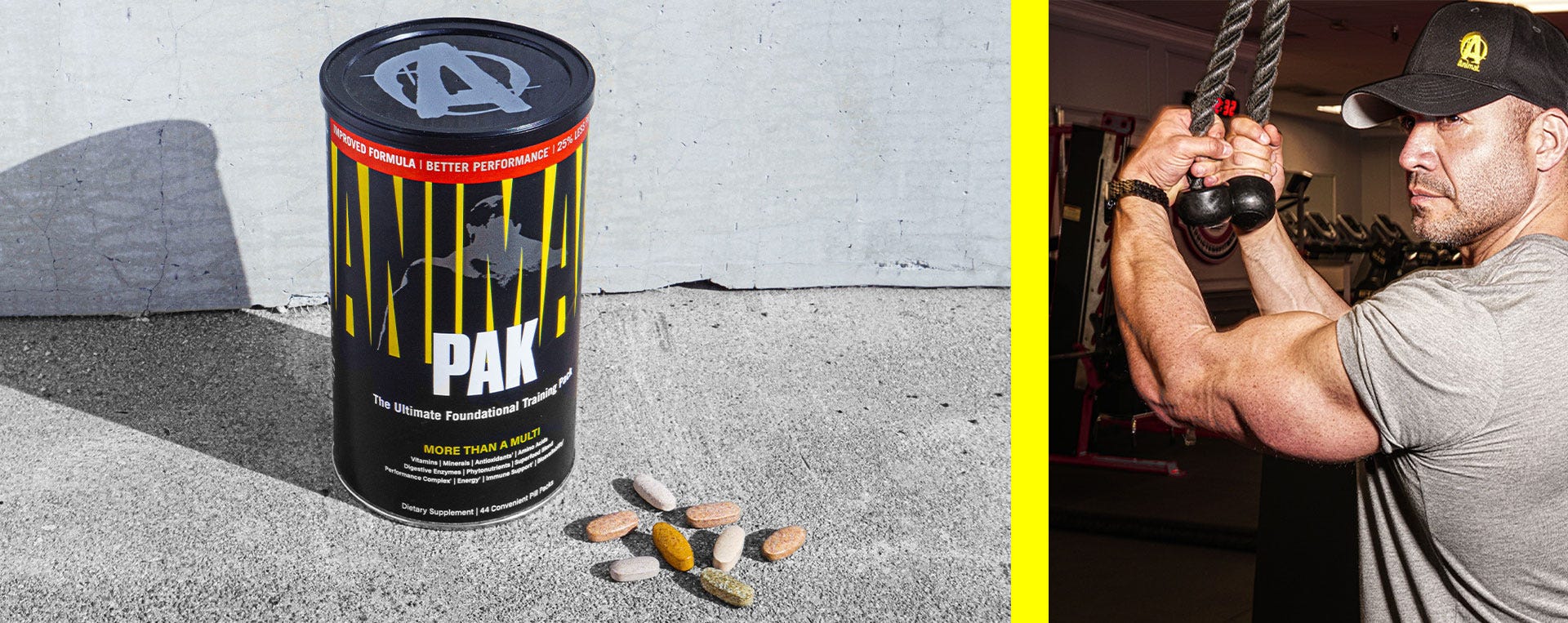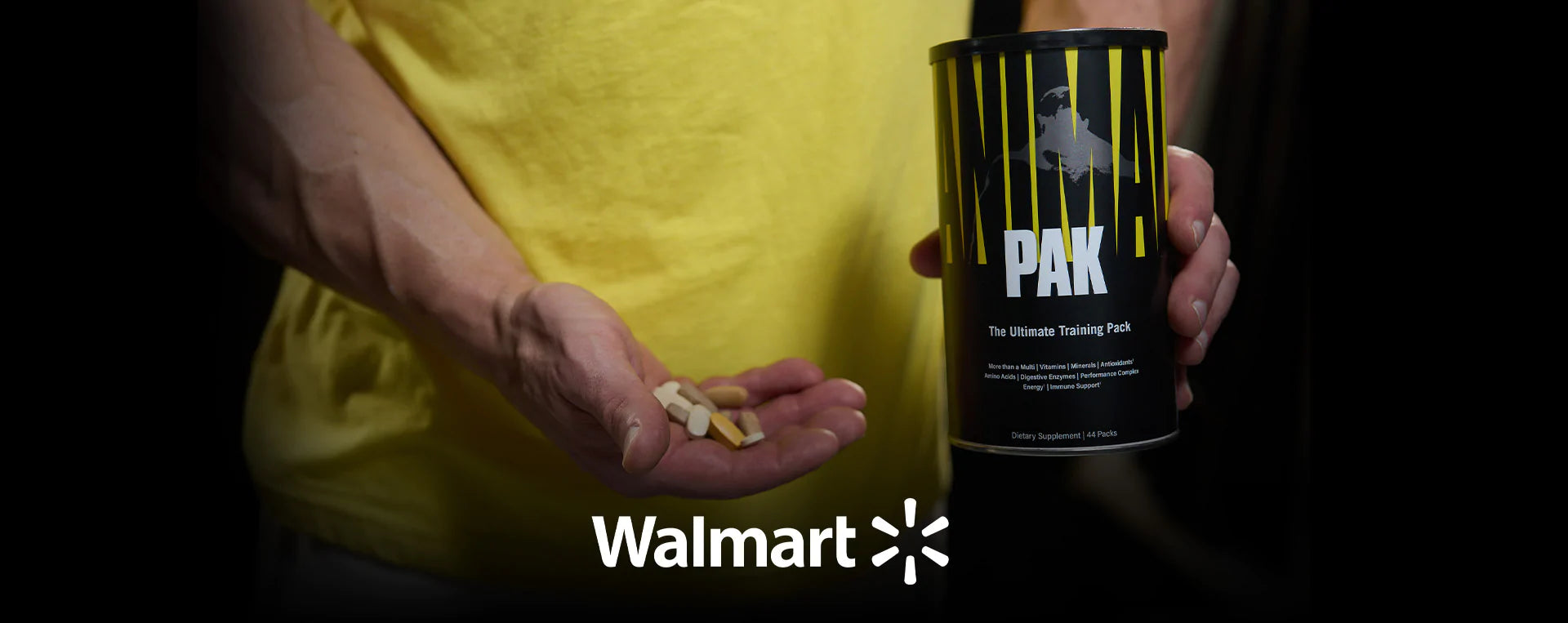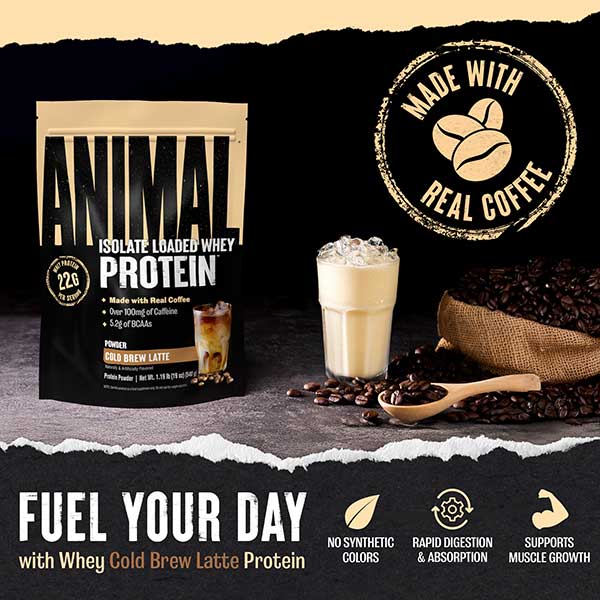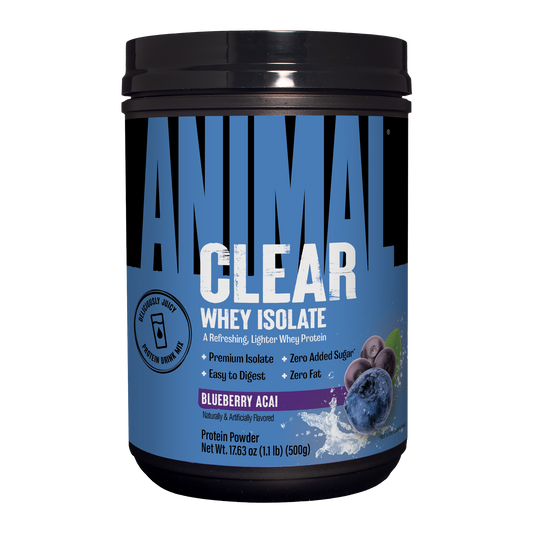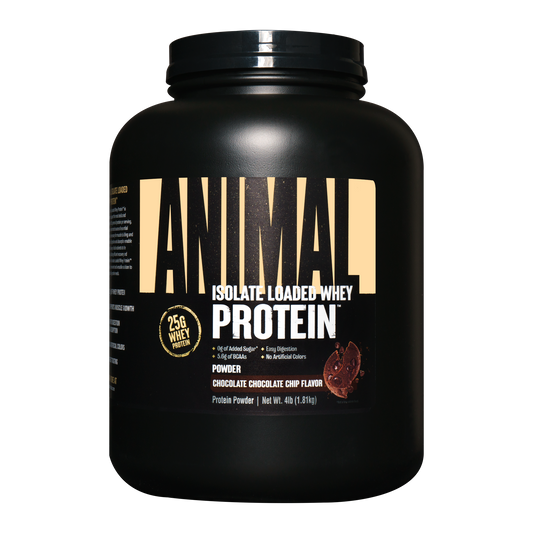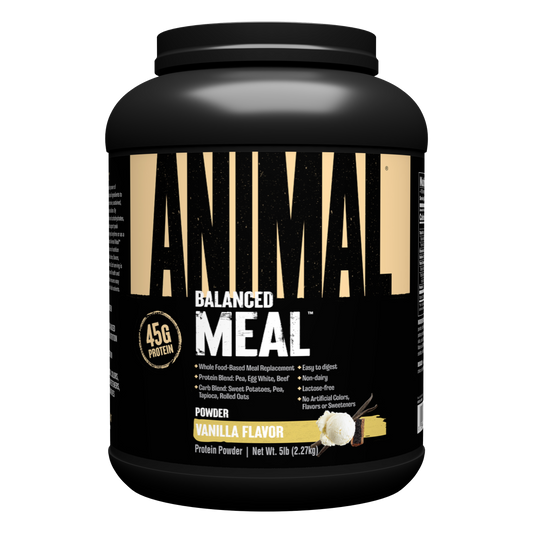It’s easy for us to experience constipation when we decrease food volume and fibrous carbohydrates. This on top of already high protein intake is a double whammy for bowel function. You might see water retention and body weight going up even if you’re not cheating on your diet. Slowed digestion can easily slow down fat loss. At the same time, we are also adding more stress to the body in the form of exercise. Normal life stress that is usually managed now becomes amplified by the stress of prep. Stress increases the sympathetic nervous system activity— your fight or flight part of the nervous system. Digestion relies on the parasympathetic nervous system. So when you are very stressed, digestion can become very poor with food moving more slowly through the system. If you are on prep and bloated like crazy, let’s look at what we can do to fix the problem.
1. Stress/Recovery Management
Again, stress can wreak havoc on the body, especially on the GI tract. It is important to manage stress during prep in order to keep normal bowel function. Managing stress first starts in the mind. Your perception of a situation will elicit the stress response. Practice healthy coping behaviors for stress relief. Use meditation, walking, or reading to stay focused on the right things. Leave a little bit of your schedule open for down time. Proper time management and organization is critical for preventing work from piling up on you. Create a system to keep you organized. On the physical side, managing recovery is also important. You need to monitor when you are starting to feel run down from training hard. You will experience a degree of fatigue and suffering on prep, but you want to limit that as much as reasonably possible without detracting from the goal of being peeled on stage. I’ve had clients who continue to try to do 20 work sets in the gym, drop sets, forced reps, and rest pause sets—everything to obliterate a muscle. This is the time to stimulate a muscle not annihilate it. Train smart and hard; keep your training volume in check.2. Water and Fiber
Water and fiber are essential for proper elimination. Not taking in enough water will make the bowels too dry and hard to move, and not enough or too much fiber can make the bowels hard to move as well. Generally, people increase their water consumption on prep in order to help with hunger, so fluids are usually not the issue. Fiber is more of a concern because carbohydrate volume has decreased a lot. You need a balance of soluble and insoluble fiber for proper bowel function. Soluble fiber—found in oatmeal, flaxseed, psyllium husk, nuts, and beans—attracts water and bulks up the stool. Insoluble fiber also adds bulk to the stool and is found in seeds, fruit skins, vegetables, and whole wheat products. Ideally a mix of the two will give you the best benefit. Select food sources high in fiber to start, but you can also add in a fiber powder that is a mix of soluble and insoluble fiber. I like using a fiber powder with a mix of flax seed fiber and pea hull fiber. I recommend increasing fiber intake slowly and steadily by about 5g every week until bowels improve.3. Food Selection
It is also important to identify foods that can cause bloating and gas. The first foods I monitor are the common food allergens such as milk, egg, peanut, tree nut, wheat, soy, fish, and shellfish. Some people have no issues with these foods in the off-season, but get them into prep and these start to make them feel bloated. I also look at foods high in FODMAP (Fermentable Oligio-, Di-, Mono-saccharides and Polyols). These are all short chain carbohydrates that are poorly absorbed in the intestine and can cause digestive discomfort. The list of foods high in FODMAP is pretty extensive, so you can look these up based on your diet. Asparagus, avocado, wheat, and yogurt are common bodybuilding foods high in FODMAP. You might want to avoid gas forming vegetables—usually cruciferous vegetables like broccoli and cauliflower. You can add in fermented foods, such as kimchi and sauerkraut, to aid digestion and to provide a probiotic source. Raw ginger can aid GI motility, and the protease enzymes in pineapple and papaya can aid protein digestion.4. Hunger Support and Issues
As hunger rises on prep, everyone starts to look for strategies that will help keep hunger at bay. I see a lot of use of sugar-free products, artificial sweeteners, sugar-free gum, and diet carbonated beverages. People think it helps make prep easier, but I think it makes the dieting process harder. Problems can arise when these products start causing a lot of bloating and GI distress. I would really encourage you to limit them as much as possible on prep.5. Supplement Support
If you have looked into all other areas to resolve digestive issues, supplements can give you additional support. Some of these could be used year-round while others might need to be used sparingly. If you need help with stress, Ashwaghanda at 1000mg per day and L-theanine at 200mg per day can help mitigate the effects stress has on the body. A probiotic is a great place to start for overall immune system health and improving digestion. Although research is still figuring out which strains and dosing is best, I would get one with a mix of strains and at minimum 10 billion CFU. Ginger capsules can help with GI motility and keep food moving through the bowel. If you have issues with acid reflux and not producing enough stomach acid, taking Betaine HCl prior to meals can help. If you are still having a lot of gas, you may benefit from a comprehensive digestive enzyme blend. For constipation, magnesium citrate can be used to help pull water into the GI tract and soften the bowels. As a last resort, you can use a stimulant laxative such as sennosides or cascara sagrada just to get you back on track.Don’t let your digestion slow down your prep and limit fat loss. Look over all areas that could be limiting your bowel function and address the main source of the problem.









